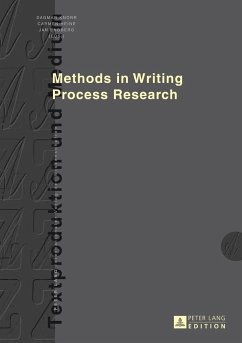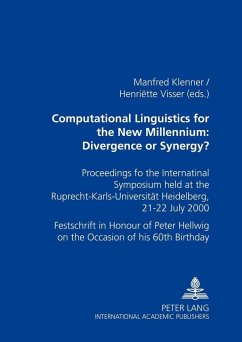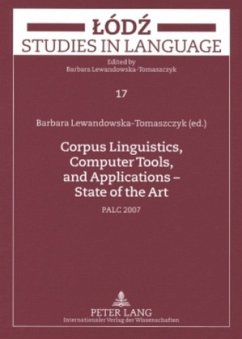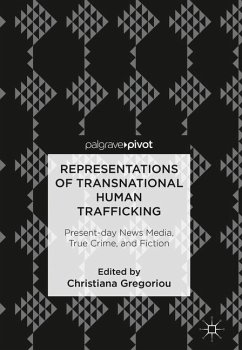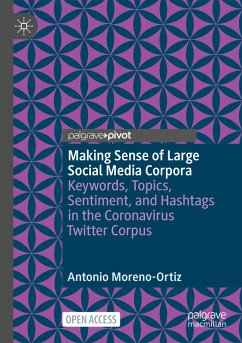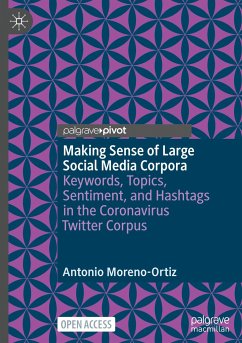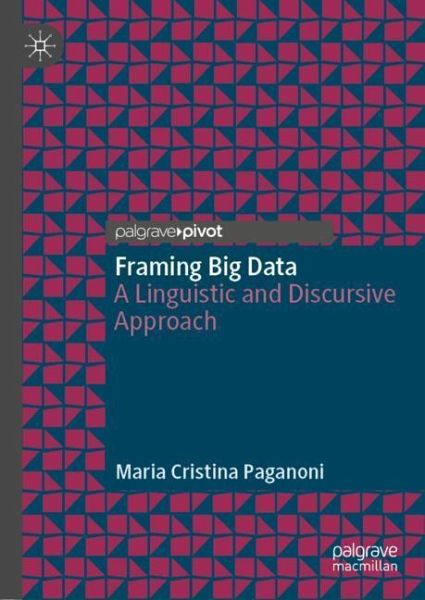
Framing Big Data
A Linguistic and Discursive Approach

PAYBACK Punkte
0 °P sammeln!
This book addresses big data as a socio-technical construct with huge potential for innovation in key sectors such as healthcare, government and business. Big data and its increasingly widespread use in such influential spheres can generate ethically controversial decisions, including questions surrounding privacy, consent and accountability. This book attempts to unpack the epistemological implications of the term 'big data', as well as the opportunities and responsibilities which come with it. The author analyses the linguistic texture of the big data narrative in the news media, in healthca...
This book addresses big data as a socio-technical construct with huge potential for innovation in key sectors such as healthcare, government and business. Big data and its increasingly widespread use in such influential spheres can generate ethically controversial decisions, including questions surrounding privacy, consent and accountability. This book attempts to unpack the epistemological implications of the term 'big data', as well as the opportunities and responsibilities which come with it. The author analyses the linguistic texture of the big data narrative in the news media, in healthcare and in EU law on data protection, in order to contribute to its understanding from the critical perspective of language studies. The result is a study which will be of interest to students and scholars working in the digital humanities, corpus linguistics, and discourse studies.





